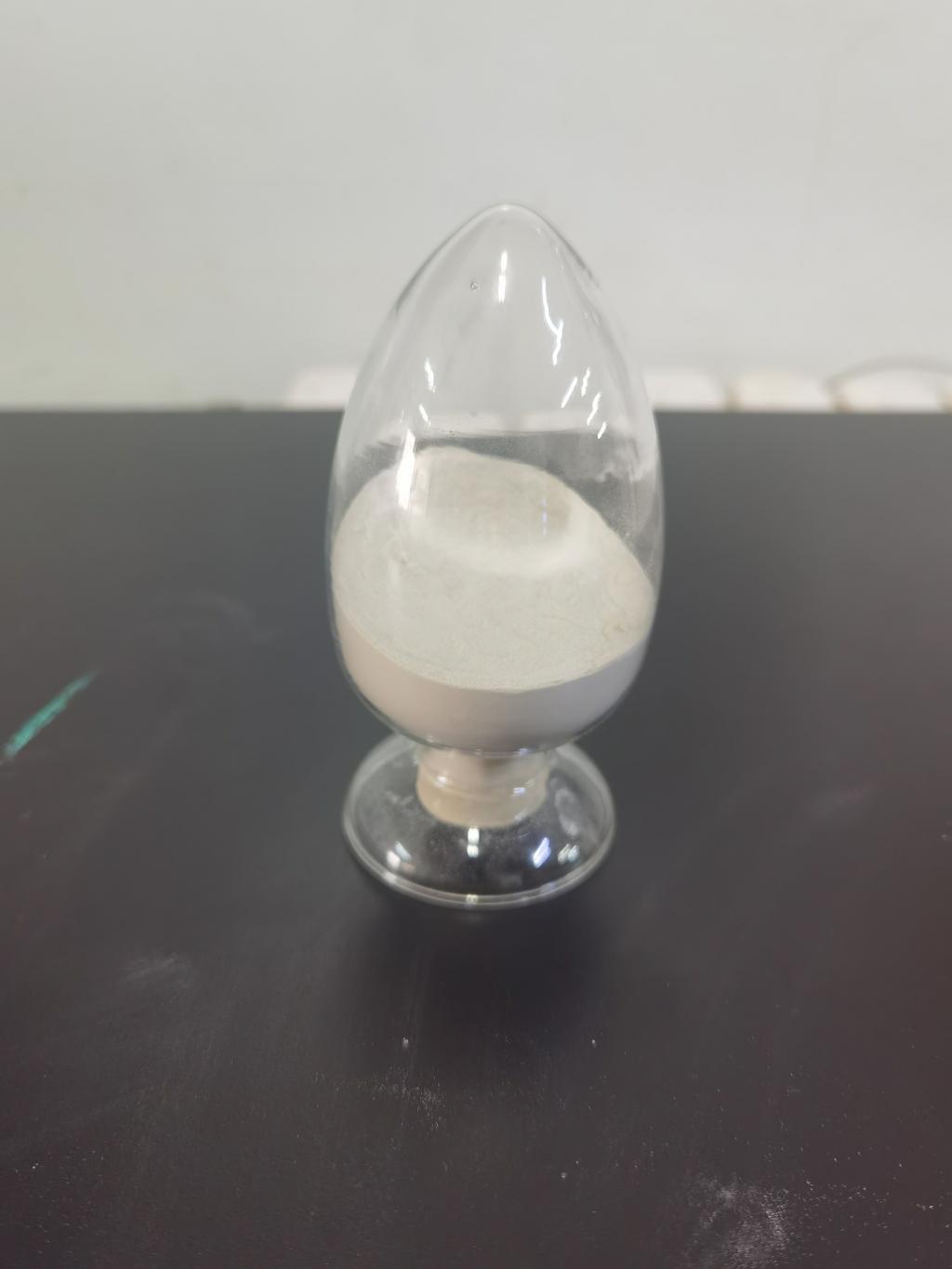Tel:+8618231198596

News
 CONTACT
CONTACT
 CONTACT
CONTACT
- Linkman:Linda Yao
- Tel: +8618231198596
- Email:linda.yao@dcpharma.cn
- Linkman:CHARLES.WANG
- Department:Overseas
- Tel: 0086 0311-85537378 0086 0311-85539701
News
Nisin's use in extending the shelf-life of plant-based beverages.
TIME:2024-06-13
1. Introduction to Plant-Based Beverages
Plant-based beverages, such as almond milk, soy milk, oat milk, and coconut milk, are derived from plant sources and serve as alternatives to dairy milk. They are rich in nutrients, lactose-free, and cater to vegan, lactose-intolerant, and environmentally conscious consumers. However, their susceptibility to microbial spoilage limits their shelf-life and requires effective preservation strategies.
2. Challenges in Shelf-Life Extension
Plant-based beverages face several challenges related to microbial spoilage:
Microbial Growth: Pathogenic and spoilage microorganisms can proliferate in beverages due to their nutrient-rich composition and favorable pH.
Quality Degradation: Microbial spoilage leads to off-flavors, texture changes, and separation, reducing product quality and consumer acceptance.
Clean Label Preferences: Consumers prefer natural preservatives over synthetic additives, aligning with clean label trends in the food industry.
3. Mechanism of Action of Nisin
Nisin exerts antimicrobial activity primarily against Gram-positive bacteria:
Cell Membrane Disruption: Nisin binds to lipid II in bacterial cell membranes, leading to pore formation and disruption of membrane integrity.
Ion Channel Formation: It can also form ion channels, disrupting membrane potential and cellular functions, ultimately causing bacterial cell death.
4. Applications of Nisin in Plant-Based Beverages
4.1 Preservation and Shelf-Life Extension
Nisin is applied in plant-based beverages to:
Inhibit Bacterial Growth: Effectively control spoilage bacteria and pathogens, thereby extending shelf-life and maintaining product quality.
Reduce Microbial Load: Minimize microbial contamination during processing and storage, enhancing microbiological stability.
4.2 Clean Label Formulations
Natural Preservation: Aligns with consumer preferences for clean label ingredients, providing a natural alternative to synthetic preservatives.
4.3 Packaging Materials
Coatings and Films: Incorporating nisin into packaging materials inhibits microbial growth on beverage surfaces, further extending shelf-life and enhancing product safety.
5. Benefits of Nisin in Plant-Based Beverages
5.1 Safety and Efficacy
GRAS Status: Nisin is Generally Recognized as Safe (GRAS) for use in food, with extensive safety evaluations supporting its application in beverages.
Preservation Without Compromise: Maintains sensory attributes, nutritional value, and texture of plant-based beverages without affecting taste or consumer acceptance.
5.2 Enhanced Product Quality
Freshness Retention: Delays spoilage and preserves freshness, reducing product returns and waste due to microbial contamination.
5.3 Consumer Acceptance
Natural Origin: Meets consumer demand for natural and sustainable food additives, supporting brand integrity and marketability of plant-based beverages.
6. Challenges and Considerations
6.1 Regulatory Compliance
Labeling Requirements: Adherence to regulatory guidelines for nisin usage levels, labeling, and permissible applications in plant-based beverages.
6.2 Formulation Compatibility
Optimal Concentration: Determining effective concentrations of nisin that balance microbial control with product stability and sensory characteristics.
6.3 Market Perception
Consumer Education: Addressing consumer perceptions and ensuring transparency regarding the use of nisin as a preservative in plant-based beverages.
7. Future Directions and Innovations
7.1 Advanced Delivery Systems
Encapsulation Technologies: Developing nanoencapsulation methods to enhance stability, solubility, and controlled release of nisin in beverage matrices.
Smart Packaging: Integration with intelligent packaging solutions for real-time monitoring and responsive antimicrobial action.
7.2 Sustainability Initiatives
Biodegradable Formulations: Exploring environmentally friendly formulations of nisin and sustainable production practices to minimize ecological impact.
8. Conclusion
Nisin represents a valuable tool for extending the shelf-life of plant-based beverages by inhibiting microbial spoilage while meeting consumer demands for natural and sustainable food preservation solutions. Its effectiveness in controlling bacterial growth, preserving product quality, and aligning with clean label preferences makes it an ideal choice for manufacturers seeking to enhance food safety and market competitiveness. Despite challenges related to formulation optimization, regulatory compliance, and consumer perception, ongoing research and technological advancements continue to expand the applications and benefits of nisin in plant-based beverages.
- Tel:+8618231198596
- Whatsapp:18231198596
- Chat With Skype







